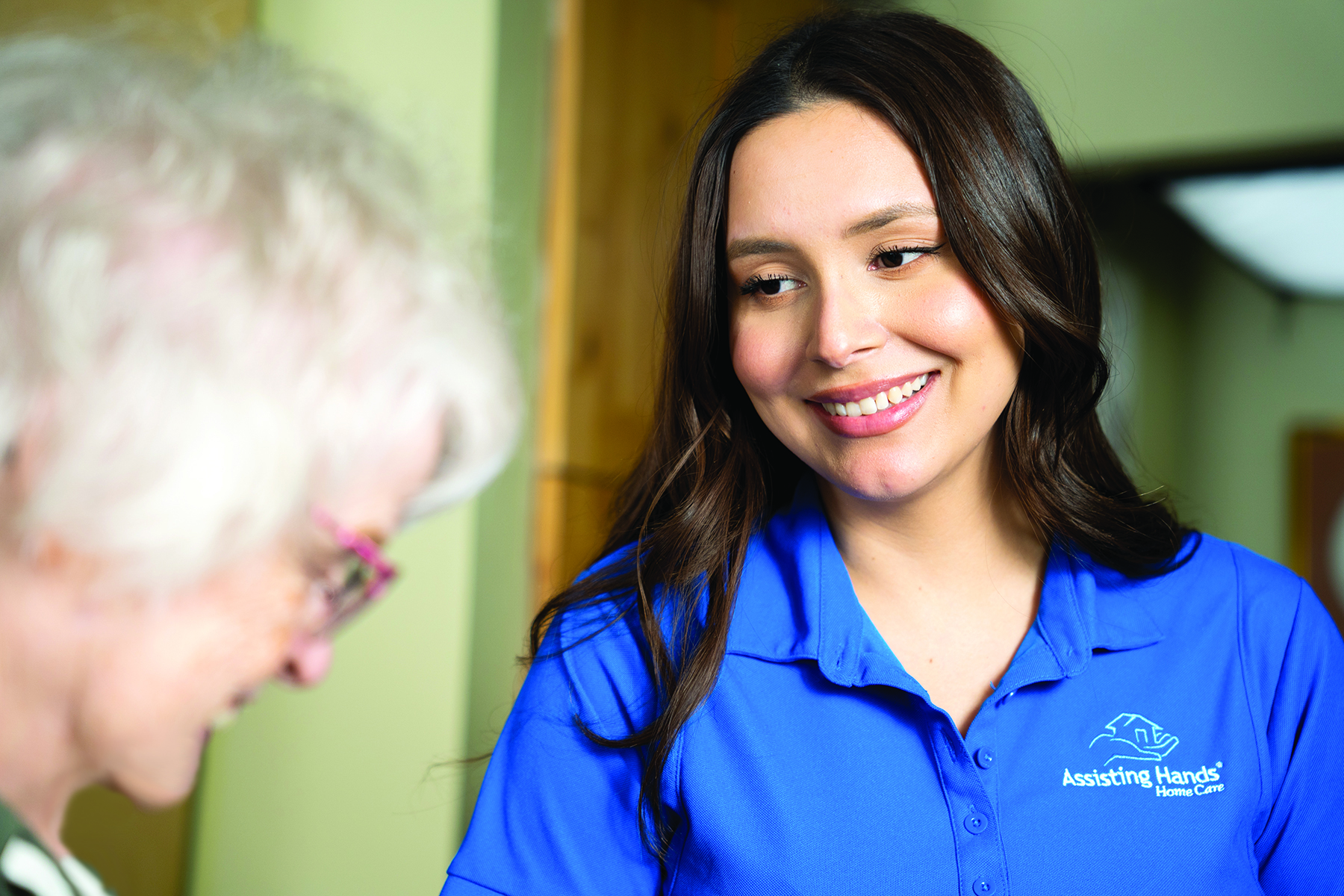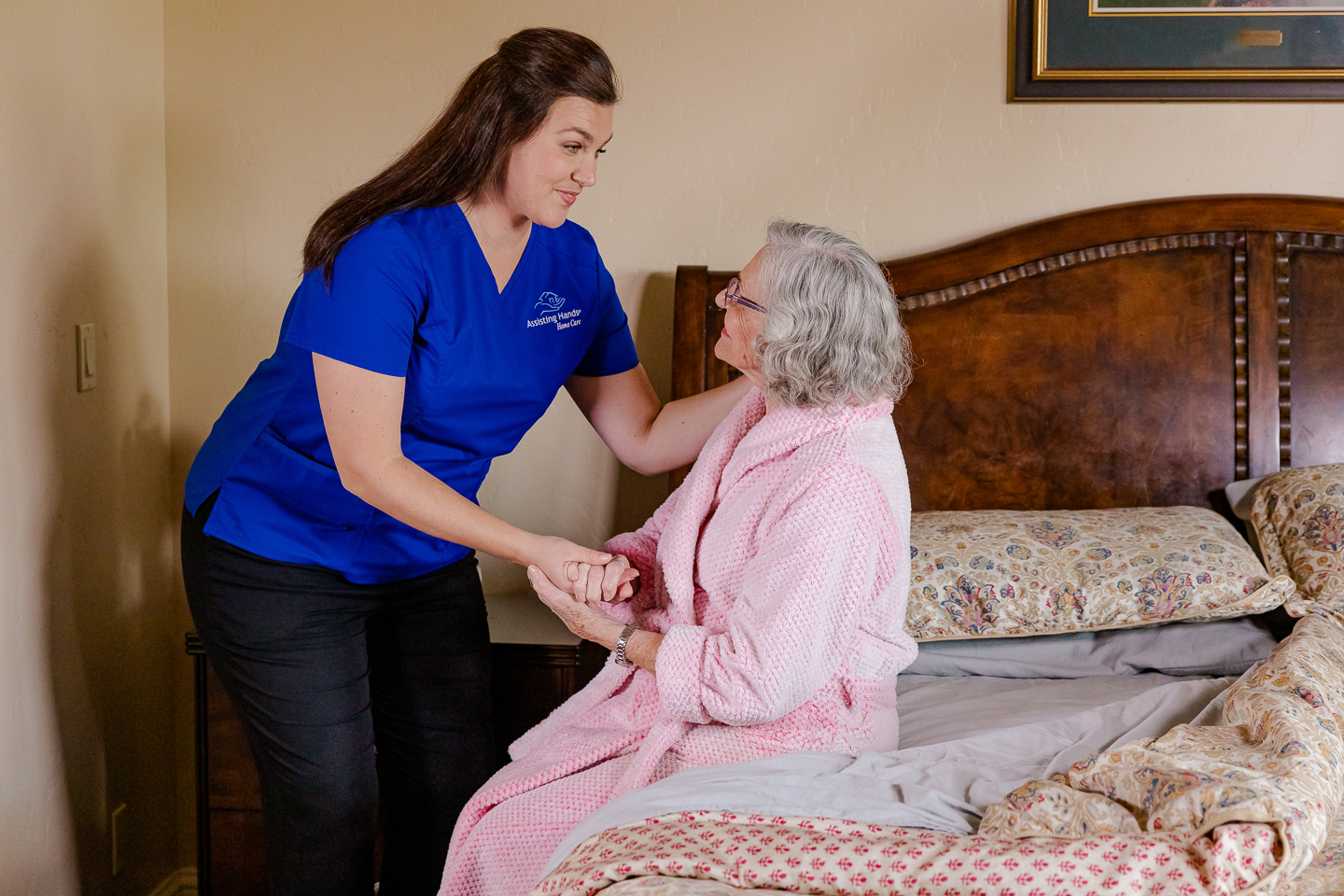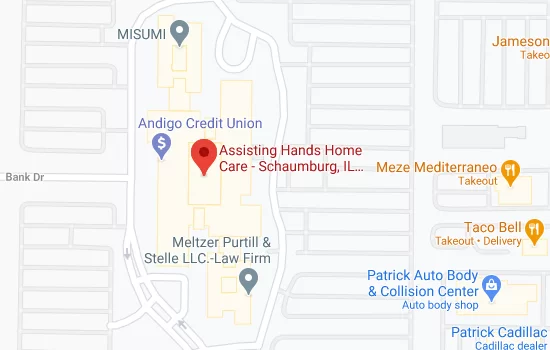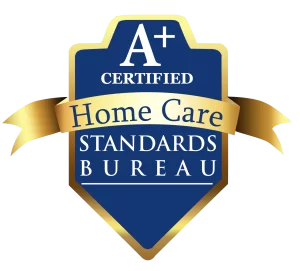Wheezing, coughing and shortness of breath are symptoms of an ailment known as bronchitis. Like catching a common cold, bronchitis is provoked by airborne viruses. Seniors are especially susceptible to catching bronchitis and experiencing difficulty in recovery due to weakened immune systems.
Research shows that people over the age of 65 are at an increased risk for sustaining complications as a result of undergoing an episode of bronchitis. Lung damage, a consequence of bronchitis (especially if it is chronic), potentially leads to further aggravated infections.
The decreased immune systems that are characteristic of elderly individuals fail to allow robust healing when bronchitis erupts. Normally, acute bronchitis affects the body for no more than a week. In severe cases, as in chronic bronchitis, professional management and treatment are necessary.
What is Bronchitis?
The bronchial virus can infect a person of any age, including seniors, leading to inflamed bronchial tubes. Air is carried to the lungs via the bronchial tubes. Breathing difficulties, along with a host of other symptoms, emerge when bronchitis strikes and constricts the airways.
What are the Types of Bronchitis?
Chronic bronchitis is a severe medical condition. The combination of coughs and mucous persist regularly for one, two or three years. Irreversible lung damage can occur without medical intervention. Bacterial infections in the elderly can worsen chronic bronchitis, spurring further outbreaks.
Bronchitis takes shape as either acute or chronic. In acute bronchitis, the illness is brief. Coughs are sustained for five days. Due to an irritated bronchial lining, coughs may linger for 10 days. Medical treatment is unnecessary. Rather, infected persons can allow the acute bronchitis to run its course.
What Causes Bronchitis?
Bronchitis is a contagious condition and may be caught in several ways. Viruses primarily cause the sickness through inhalation or skin contact. In rare occasions, bronchitis may result from smoking, high alcohol consumption, exposure to fumes and dust and frequent infections.
How to Prevent Bronchitis
The best way to prevent bronchitis in seniors is to make efforts toward good lung health. Since bronchitis has no cure, prevention and treatment are the only viable options available. Practices that safeguard seniors’ lungs from irritants include the following:
Inflamed bronchial passages can occur due to a bout of the flu. People over 65 years of age should schedule a flu shot and a pneumonia shot each year. Since bronchitis is caused primarily by viruses, receiving a flu shot keeps seniors one step ahead of a viral infection.
Quitting a nicotine habit significantly reduces the chances of developing chronic bronchitis. Cigarette smoke introduces irritants and air pollutants into the lungs. Even inhaling second-hand smoke can trigger acute bronchitis or cause chronic bronchitis. The elderly should also limit their exposure to industrial fumes.
Keep the house clean. Air pollution, including dust, molds and similar irritants, linger in an unkempt home. Seniors who are unable to vacuum and dust weekly should hire a caregiver to help with light housekeeping. Limiting exposure to household dust helps prevent bronchitis.
How Can I Treat Bronchitis?
Medical attention is extremely necessary when chronic bronchitis flares up. As mentioned, an elderly person’s lungs are less capable of resisting secondary infections due to age and reduced immunity.
Research shows that pneumonia develops in 1 out of every 20 cases of bronchitis. An aging individual who experiences sustained breathing difficulties, wheezing, chest pains, coughing up blood, fever, or chills should see a physician for care. A doctor may prescribe antibiotics if a bacterial infection is suspected.
- Prescription medications can help seniors with bronchitis breathe easier. The senior’s doctor can prescribe medicines that will help to open the airways and reduce instances of inflammation. Certain bronchitis symptoms, like persistent coughs, can be remedied with over-the-counter cough medicine.
- Fluids help thin out mucous in the airways in those suffering bronchitis symptoms. Seniors should stay hydrated not only to ward off and treat bronchitis but to stay healthy overall. Non-caffeinated beverages are recommended. Water, herbal teas, soups and 100 percent juices are ideal.
- Running a humidifier in the senior’s home helps to introduce controlled moisture into the environment. Continuously breathing in dry air can worsen bronchitis symptoms by irritating the bronchial passages. A vaporizer can break up the congestion experienced by bronchitis sufferers.
- Exercise therapy is beneficial for seniors who suffer from bronchitis. Bronchitis symptoms ease up when the body and heart and lung capacity are strengthened through regular physical activity. The senior’s physician can recommend low-intensity exercises that will invigorate rather than reduce energy levels.
Along with a healthy dose of physical activity, seniors who suffer from acute bronchitis should get adequate rest. Proper relaxation will help the senior’s body gradually rid itself of acute bronchial symptoms.
Acute vs. Chronic Bronchitis
Older individuals who show symptoms of acute bronchitis do not require hospitalization, as the ailment will resolve itself within a few days. Chronic bronchitis sufferers, however, should seek medical attention. When an aging loved one with bronchitis needs continual care, a caregiver may be the best option.
Get Help from a Caregiver
Assisting Hands Home Care is a senior home care agency with a staff of skilled caregivers who are ready to provide assistance to your loved one. Professional caregivers are experienced in providing comprehensive, non-medical care to seniors in need of extra support at home.
Typical duties performed by Assisting Hands Home Care professionals include assistance with the activities of daily living, such as bathing, grooming, toileting and dressing, and transportation, light housekeeping, and meal preparation.
If your loved one is on bed rest due to chronic bronchitis, an Assisting Hands Home Care caregiver will remind the care recipient to take prescribed medications, provide companionship and help with all aspects of non-medical care. We also available to provide live-in and 24 hour care to ensure that your loved one is safe and comfortable at all times.
Should the senior in your life live with Alzheimer’s disease or another form of dementia, pinpointing bronchitis can be a challenge unless witnessed firsthand. In such a case, Assisting Hands caregivers who specialize in Alzheimer’s and dementia care will step in to provide compassionate care.
Contact Us
Assisting Hands Home Care is a licensed, bonded and insured senior care agency that reliably serves the elder populations and their families in Schaumburg, Illinois.
For more information regarding senior and elderly care services, give us a call at (224) 258-0736 or fill out a contact form. We look forward to hearing from you!

Daniela has master’s degree in electronic engineering with a pedagogical specialty and master’s degree in marketing management.
After completing her schooling, Daniela worked at a hospital for 6 years as the Director of Business Marketing Development and Public Relations.
Starting Assisting Hands Home Care
Daniela spent more than 14 years as the Assistant Vice President of a national bank before becoming a co-owner of Assisting Hands Home Care of Schaumburg.
Her background in public relations and marketing along with her personal experience caring for her mother motivates Daniela to be passionate about helping families in the Schaumburg, IL area find exceptional caregiving services for their elderly loved ones.
Besides providing home care, Daniela enjoys giving back to the community in her free time, supporting various events at St. Peter Parish in Geneva, IL such as fundraising, school projects, charity events, and more. She also enjoys volunteering for the Humanitarian Service Project in Carol Stream, IL. This organization provides seniors with meals as well as food and supplies for children living in poverty.






















